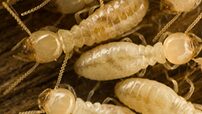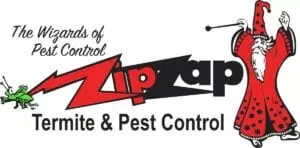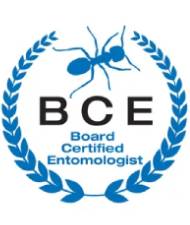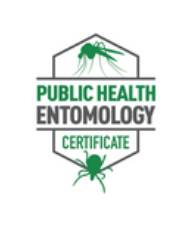TREATMENT OF BASIC KINDS OF TERMITES IN KANSAS CITY

Termite Treatment: A Tailored Approach
Every home is unique, and so is its termite problem. The type of termite, the extent of the infestation, and your home’s specific structure all play a crucial role in determining the best termite treatment plan. There’s no one-size-fits-all solution when it comes to termite control.
Understanding Your Termite Threat
Two of the most common termite types are subterranean and drywood termites. Subterranean termites live underground and build tunnels to access wood sources. Drywood termites, on the other hand, create colonies within the wood itself, making drywood termite treatment methods distinct.
Tailored Treatment Solutions
- Subterranean Termites: These pests typically require a treatment that targets the soil around your home. This often involves applying a liquid termite repellent to create a protective barrier. Monitoring stations can also be used as part of a subterranean termite treatment plan to detect early signs of infestation and allow for timely intervention.
- Drywood Termites: Drywood termite treatment focuses on eliminating the colony within the wood. This may involve targeted termite treatment to infested areas or, in severe cases, whole-home fumigation.
Sentricon Termite Bait vs. Liquid Treatment
Sentricon and liquid termite treatments are two primary methods for controlling termites. Each has its own advantages and disadvantages.
Sentricon Termite Bait
- How it works: Sentricon uses bait stations placed around your home. These stations contain a cellulose-based bait that attracts termites. Once termites consume the bait, they carry it back to the colony, where it’s shared with other termites, including the queen. This process eventually eliminates the entire colony.
- Advantages:
- Effective at eliminating the entire colony.
- Environmentally friendly as it uses minimal chemicals.
- Less invasive as it doesn’t require drilling or trenching.
- Disadvantages:
- It can take longer to eliminate a colony, up to 90 days.
- Requires regular monitoring and bait replacement.
Liquid Termite Treatment
- How it works: A liquid termiticide is applied to the soil around your home, creating a chemical barrier that termites cannot cross.
- Advantages:
- Provides immediate protection against termites.
- Can be effective in treating large infestations.
- Disadvantages:
- Can be harmful to the environment.
- Requires drilling or trenching to apply the treatment.
- May not eliminate the entire colony.
- Effectiveness can diminish over time.
Which is better? The best method for your home depends on factors such as the type of termite, the severity of the infestation, and your environmental concerns. It’s recommended to consult with a pest control professional to determine the most suitable option for your specific situation.
The Zip Zap Difference
At Zip Zap Pest Control, we understand that effective termite control requires a customized approach. Our experts will carefully assess your home’s specific needs and recommend the most suitable termite treatment options. We’ll clearly explain the benefits and drawbacks of each option, empowering you to make an informed decision.
Don’t let termites damage your home. Contact Zip Zap Termite & Pest Control today for a comprehensive termite treatment inspection and plan.
Call us at 816-407-PEST (7378).




